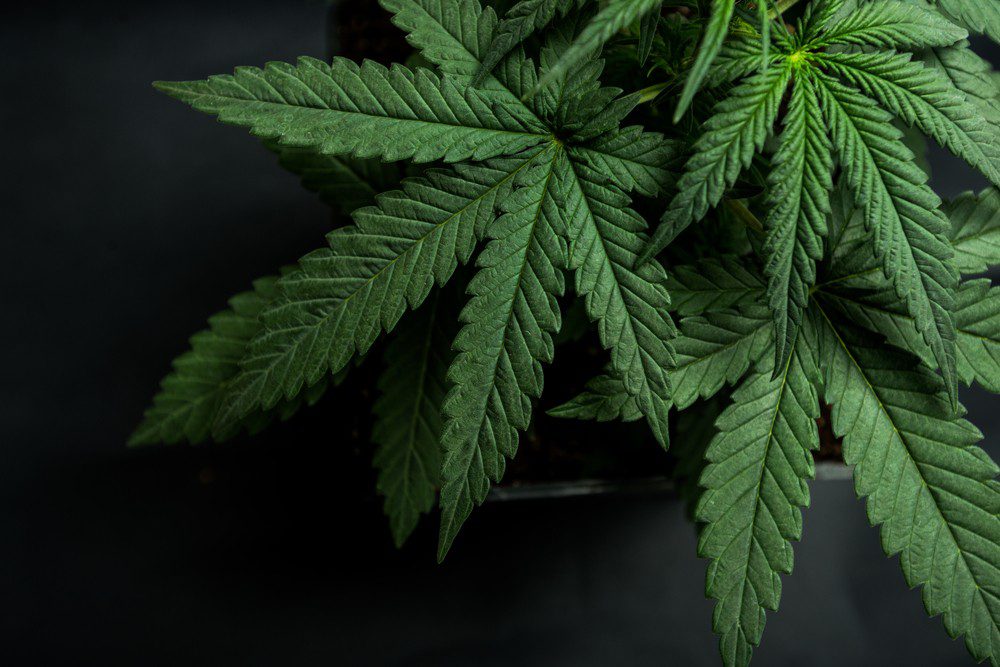
According to new research published in the the American Journal of Respiratory and Critical Care Medicine, elderly people with obstructive sleep apnea may have an increased risk for developing Alzheimer’s disease.
New Research Shows Increased Risk Linked to Sleep Apnea
The new study, “Obstructive Sleep Apnea Severity Affects Amyloid Burden in Cognitively Normal Elderly: A Longitudinal Study,” discusses how the amyloid beta peptides found in the brains of Alzheimer’s patients increase over time in the elderly, dependent on the severity of the patient’s obstructive sleep apnea. Elderly patients who suffered more apneic episodes per hour accumulated more amyloid beta peptides over time.
Researchers noted that studies have been done in the past in an attempt to show a link between sleep apnea and Alzheimer’s, but it has proved difficult as the conditions have similar risk factors. This particular study looked at 208 elderly patients between the ages of 55 and 90. The patients were considered healthy by standardized tests performed prior to the study, and none was diagnosed with sleep apnea or Alzheimer’s.
After evaluations from the research team, 36.5 percent were found to have mild obstructive sleep apnea, and 16.8 percent had moderate to severe obstructive sleep apnea.
Conclusions from the study state that the researchers believe treatment of obstructive sleep apnea though CPAP machine therapy or dental appliances, among other treatment methods, could delay cognitive decline and the development of dementia in older patients.
Patient Compliance Biggest Obstacle to Sleep Apnea Treatment
One of the biggest obstacles to treating obstructive sleep apnea is patient compliance, said Dr. Amy Norman, a leading dentist in Everett, Washington, who offers patients an alternative to CPAP machine therapy.
“For a long time, patients who hated CPAP machines had no real alternative,” she said. “Dental appliances for sleep apnea have changed the game for so many and have given them a treatment they actually follow through with.”
Although CPAP therapy is a highly effective treatment for obstructive sleep apnea, many people report having difficulty sleeping with the machine, and for some, the risk of complications is outweighed by their desire to sleep in peace.
“CPAP machines have come a long way over the years, but many still find them cumbersome, loud and annoying,” Norman said. “If you can’t sleep with the machine on, you’re not going to see an improvement in your health.”
The machine works by pushing pressurized air to keep the airway open and prevent collapse during sleep. Research shows that somewhere between 29 and 83 percent of CPAP patients are nonadherent, which means they use it for less than four hours a night, if at all.
“Many of these patients come to us after hearing about dental appliances for sleep apnea and finally find some relief that allows them to sleep at night without the hoses, plugs and noises,” said Norman.



